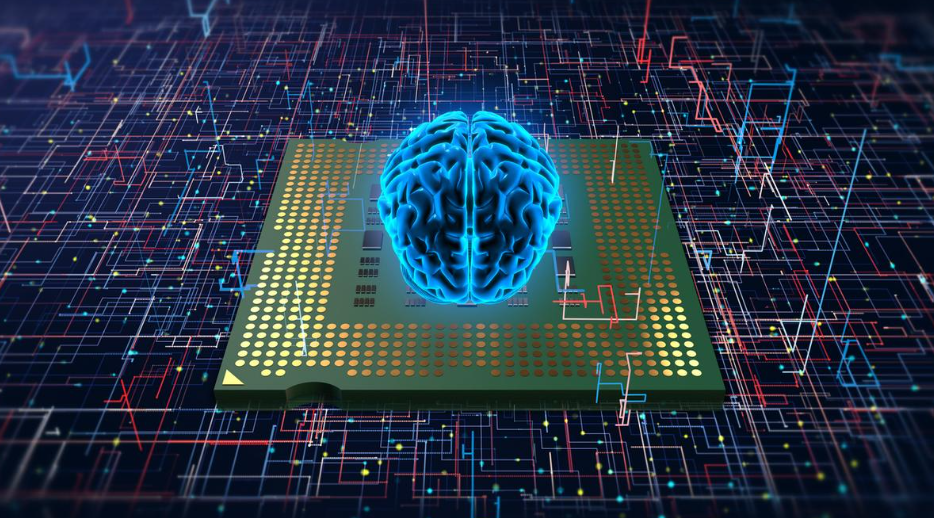Breakthrough in Brain-Inspired Analog Computing at IISc (GS Paper 3, Technology)

Context
- Researchers at the Indian Institute of Science (IISc) have made a groundbreaking advancement with the development of a brain-inspired analog computing platform.
- This novel technology, capable of storing and processing data across an impressive 16,500 conductance states within a molecular film, marks a significant leap from traditional binary computing systems.
About the Innovation
- This new platform is part of a broader field known as neuromorphic or brain-inspired analog computing.
- Unlike conventional digital computers that operate on binary code (0s and 1s), neuromorphic systems mimic the brain's natural processes, offering potential advancements in artificial intelligence (AI) and machine learning.
Key Features:
- Neuromorphic Computing: This technology emulates the brain's ability to process information and learn from environmental interactions, making it more adaptable and potentially more powerful for complex AI tasks.
- Molecular Film Technology: The system utilizes a molecular film where data storage and processing occur through the movement of ions, akin to how neurons function in the brain. This method allows for greater energy efficiency and reduced space requirements compared to traditional computing technologies.
Revolutionizing AI Hardware
The new platform holds promise for transforming AI hardware, particularly in managing large-scale models like Large Language Models (LLMs). LLMs, such as ChatGPT, require significant computational resources for training and operation. The IISc's brain-inspired platform could potentially enable such advanced AI tasks to be performed on more compact devices, including laptops and smartphones, overcoming two major challenges in AI development:
- Hardware Limitations: The traditional hardware may not be sufficient to handle the growing complexity of AI tasks. The new technology addresses this by providing a more efficient and scalable solution.
- Energy Inefficiency: Traditional computing systems consume substantial energy. The molecular system's energy efficiency could lead to more sustainable AI operations.
Precision and Efficiency
- The researchers have also overcome challenges related to precision in measuring molecular states.
- A custom-designed circuit board has been developed to measure voltages as low as one-millionth of a volt with very rapid sampling rates.
- This advancement sets a new standard for electronic accuracy, crucial for the effective functioning of the analog computing platform.
Future Prospects
- This breakthrough could position India at the forefront of global technology innovation, especially in AI hardware.
- As part of the India Semiconductor Mission, this development has the potential to revolutionize various applications across industrial, consumer, and strategic sectors.
Implications for the India Semiconductor Mission:
- Industrial Applications: Enhanced computing efficiency and capabilities could benefit manufacturing, automation, and other industrial sectors.
- Consumer Technology: More powerful and efficient AI could lead to smarter consumer devices with advanced functionalities.
- Strategic Applications: Improved computing technology could have implications for national security and defense technologies.
Understanding Large Language Models (LLMs)
Large Language Models (LLMs) are a type of AI that utilizes deep learning techniques to process vast amounts of data. These models can:
- Understand and Generate Content: LLMs can summarize, generate, and predict content based on the patterns they learn from large datasets.
- Analyze Unstructured Data: By recognizing patterns and distinctions in data without explicit human programming, LLMs enhance their ability to interact and provide insights.
Deep Learning Techniques: These involve analyzing probabilistic data to recognize and predict content patterns, making LLMs powerful tools for a variety of applications from language translation to content creation.
In summary, the IISc’s brain-inspired analog computing platform represents a significant step forward in AI and computing technology, with the potential to impact numerous fields and position India as a leader in technological innovation.


